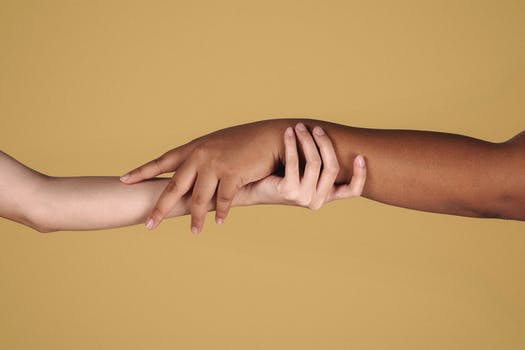Hi everyone,
Creating opportunities for educators to share the personal experiences of their Indigenous students will assist them in gaining tremendous cultural perspective. It is in noting our differences which allows us to better elucidate where we require a greater emphasis of understanding and perspective taking for cultures which differ from our own (Antoine et al, 2018, Diverse Sources of Indigenous Knowledge, para. 4).
The inclusion of indigenous ways of knowing and cultures within a classroom setting needs to avoid cultural appropriation through the building of connections to Indigenous communities and elders. Adhering to the honor systems of Indigenous cultures is of utmost importance throughout this process (Appropriate Use of Indigenous Knowledge, para. 7). It is my belief that the more that a piece of curriculum contains Indigenous ways of knowing such as the concept of “all my relations”, the more that Indigenous students will feel connected to their course content since it will begin to share the cultural capital of their own home communities.
My course design will also be best served through the introduction of First Nations concepts and languages. For example, Antoine et al (2018) states that curriculum developers should implement the conceptual themes of Indigenous languages into curriculum. (Incorporating Local Land, Knowledge, and Language, para. 5). One of the most profound calls to actions on the part of Thompson Rivers University is for all Canadian universities to create college and university programs in Aboriginal languages (Thompson Rivers University, 2012, p. 12). Consequently, the incorporation of Indigenous content requires inviting Indigenous leaders, elders, and writers into the creation process where new forms of Indigenous Curriculum are made.
Without listening to the knowledge holders of Indigenous culture, the integrity and honor of their ways of knowing will be lost and dishonored. It is in the process of honoring and sharing one another’s knowledge where old biases are lost and new relationships are born. It is this process of viewing all people groups as my relations which allows me to better listen and respect my own culture as well as those who are different from me.
The creation of a piece of Indigenous curriculum therefore requires that I source Indigenous knowledge from the narratives, stories, and oral histories of Cree people groups that I belong to in Northern Alberta rather than seeking to create my own curriculum without honoring where those stories and pieces of knowledge came from.
Best,
Carson 😊
References
Antoine, Mason, Mason, Palahicky, and Rodriguez de France (2018). Pulling Together: A Guide for Curriculum Developers. https://opentextbc.ca/indigenizationcurriculumdevelopers/
Thompson Rivers University (2012). Response to the Recommendation to Universities by the Truth and Reconciliation Committee. https://www.tru.ca/__shared/assets/TRU_TRC_Response_201543978.pdf


